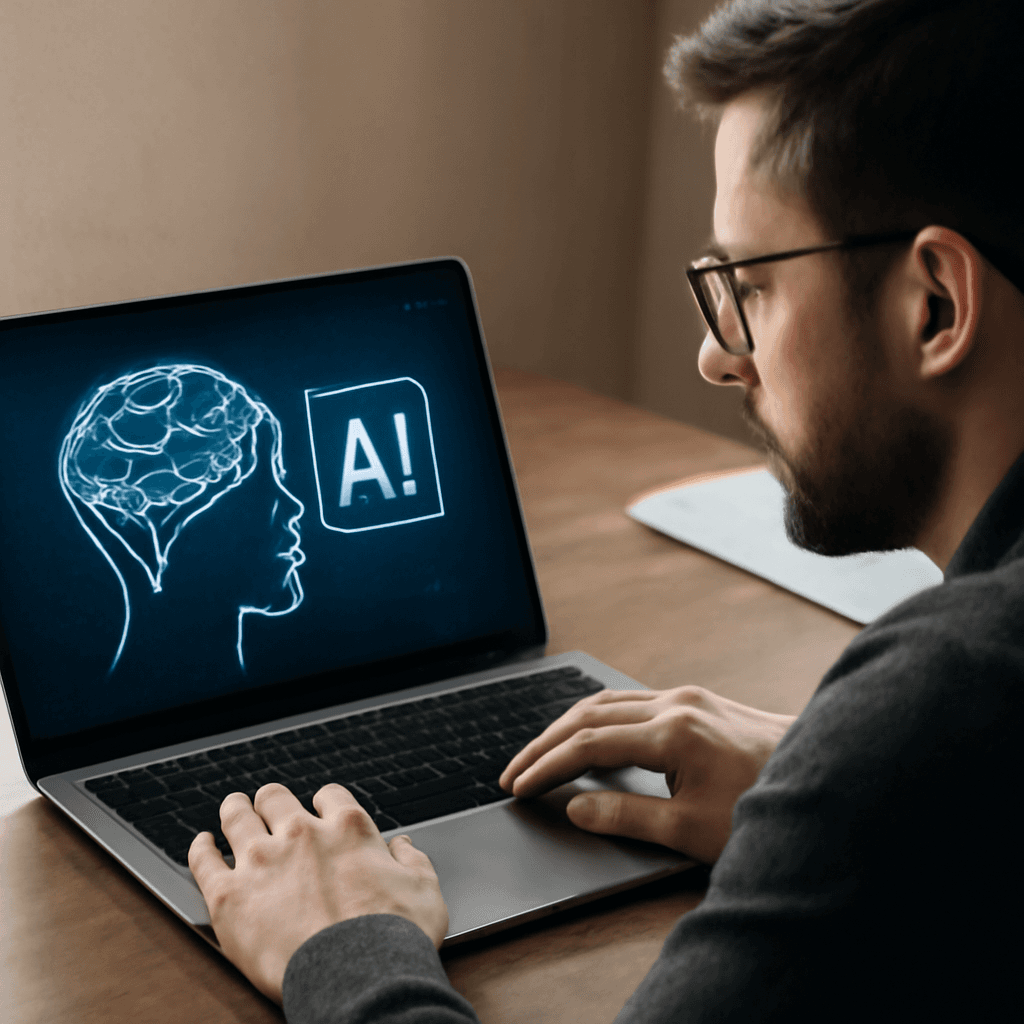Understanding the Role of AI in Education
Artificial intelligence (AI) is transforming educational methods, but concerns remain about students relying too heavily on AI tools for quick answers without deeper engagement. However, when used correctly, AI can enhance learning and critical thinking, according to psychologist and educator Angela Duckworth.
AI as a Learning Coach, Not Just a Shortcut
Duckworth emphasizes that AI should not be viewed solely as a crutch but rather a coaching tool that can guide students through complex topics. She advocates that teachers and parents encourage kids to explore AI's responses by asking follow-up questions, allowing them to understand the rationale behind answers and develop stronger problem-solving skills.
Having initially approached AI with skepticism, Duckworth shared her own experience using AI to grasp a challenging statistics concept. Within minutes of interacting with the AI, asking for definitions, examples, and clarifications, she gained a clear understanding of the Benjamini-Hochberg procedure, a sophisticated statistical method.
Essential Cautions and Curriculum Integration
Despite AI’s capabilities, it occasionally produces errors or hallucinations; hence, fact-checking remains critical. Educators should integrate AI literacy into school curricula, teaching students not only how to use AI but also how to critically evaluate its outputs. This approach aligns with views advocating for training children to ask the right questions when interacting with AI.
Maximizing AI's Effectiveness in Learning and Work
Experts suggest leveraging AI for preparatory tasks such as outlining or brainstorming rather than final content creation. This method helps avoid relying on AI-generated work that may contain inaccuracies or outdated information. For instance, side hustle expert advises using AI to draft outlines for writing projects before humans refine and finalize the material.
Evidence from Research
A study tracking participants writing cover letters showed that those who used AI assistance initially later produced stronger unassisted letters, indicating improved writing skills. Observations from the study included AI’s ability to condense lengthy sentences, eliminate repetition, and organize ideas logically, reinforcing its value as a formative learning tool.
Conclusion
Incorporating AI thoughtfully in educational settings promises to cultivate smarter, independent thinkers by harnessing AI’s coaching potential while teaching critical evaluation. Educators and parents play crucial roles in guiding young learners to avoid common pitfalls and unlock AI’s full educational benefits.















